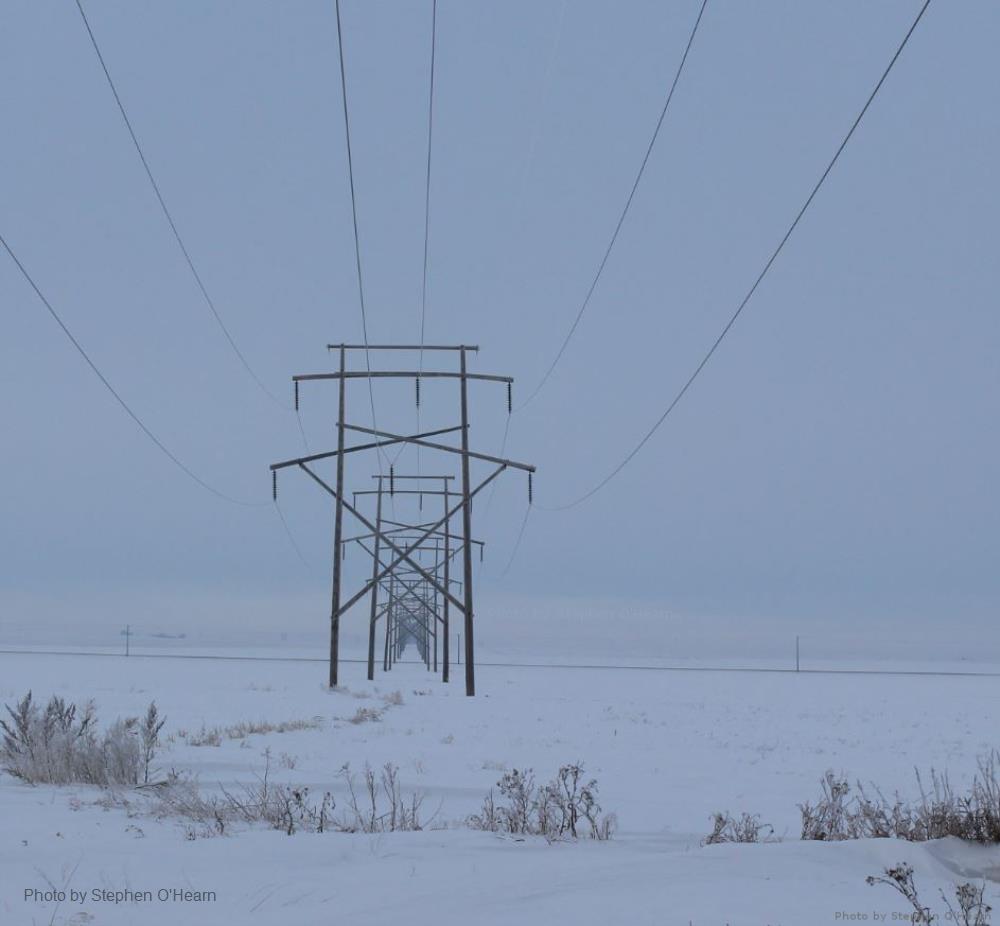
Related items loading ...
Section 1: Publication
Publication Type
Journal Article
Authorship
Li, C., Sun, Q., Wang, J., Liang, Y., Zwiers, F.W., Zhang, X., Li, T.
Title
Constraining projected changes in rare intense precipitation events across global land regions
Year
2024
Publication Outlet
Geophysical Research Letters
DOI
ISBN
ISSN
Citation
Li, C., Sun, Q., Wang, J., Liang, Y., Zwiers, F.W., Zhang, X., Li, T. (2024) Constraining projected changes in rare intense precipitation events across global land regions, Geophysical Research Letters,
https://doi.org/10.1029/2023GL105605
Abstract
Rare precipitation events with return periods of multiple decades to hundreds of years are particularly damaging to natural and societal systems. Projections of such rare, damaging precipitation events in the future climate are, however, subject to large inter-model variations. We show that a substantial portion of these differences can be ascribed to the projected warming uncertainty, and can be robustly reduced by using the warming observed during recent decades as an observational constraint, implemented either by directly constraining the projections with the observed warming or by conditioning them on constrained warming projections, as verified by extensive model-based cross-validation. The temperature constraint reduces >40% of the warming-induced uncertainty in the projected intensification of future rare daily precipitation events for a climate that is 2°C warmer than preindustrial across most regions. This uncertainty reduction together with validation of the reliability of the projections should permit more confident adaptation planning at regional levels.
Plain Language Summary
Very rare extreme precipitation events are particularly damaging to natural and societal systems. Projections of such rare, damaging precipitation events in the future climate vary substantially among climate models. Reducing this uncertainty will aid adaptation planning. We show here that the projected range of future rare precipitation intensification is strongly affected by the projected range of global warming, especially for regions where the intensification is dominated by increases in atmospheric moisture. We verify that using the past global warming trend as an observational constraint can eliminate more than 40% of the warming-induced uncertainty in the intensification of future rare precipitation events at 2°C warmer above preindustrial across most global land regions. This narrowing of the possible range of future rare precipitation intensification at regional scales can greatly benefit adaptation planning.


 GWFNet
GWFNet Master
Master Data
Data Research
Research Map
Map
 Advanced
Advanced Tools
Tools
 . . .
. . .
 Metadata Editor
Metadata Editor
 Record List
Record List
 Alias List Editor
Alias List Editor
 Legacy sites
Legacy sites